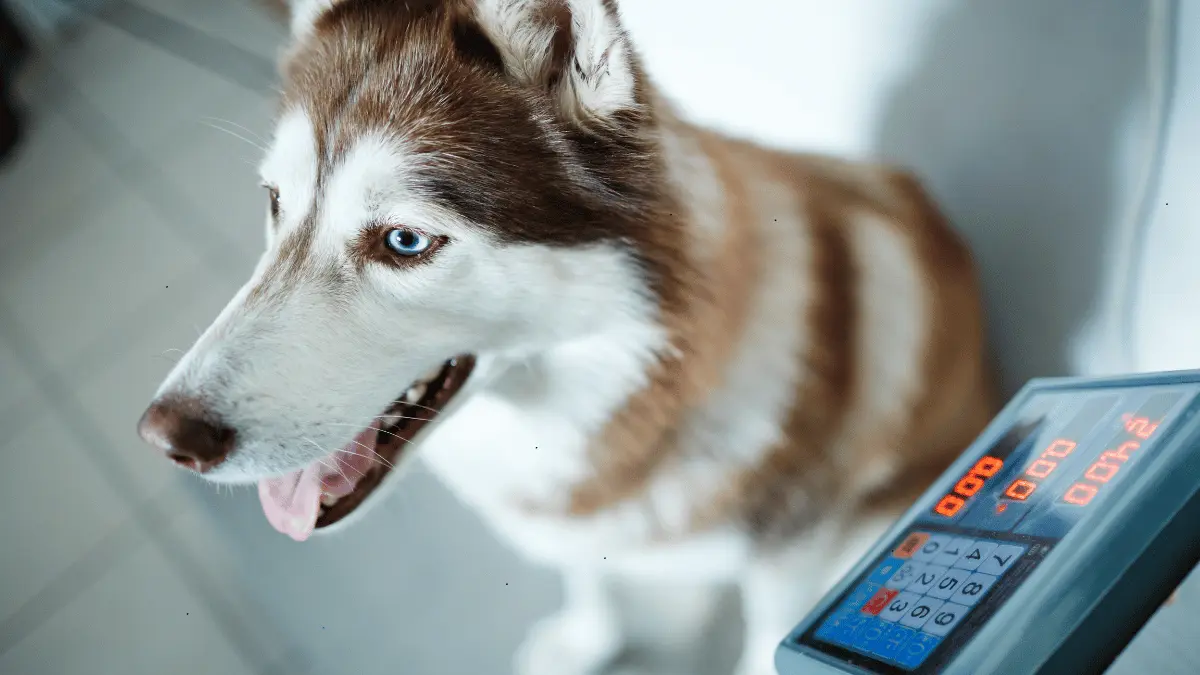Can My Dog Eat Dairy? A Dairy-licious Debate
Dogs are carnivores, primarily consuming meat and animal-based proteins. However, the occasional treat or dietary supplement might include dairy products. But is it safe for dogs to eat dairy? Let’s delve into the dairy debate.
The Dairy Dilemma
- Lactose Intolerance: Many dogs, like humans, can develop lactose intolerance as they age. Lactose, a sugar found in milk and dairy products, can cause digestive issues like diarrhea, gas, and bloating in dogs who are sensitive to it.
- Nutritional Needs: While dairy products can provide calcium and protein, dogs can obtain these nutrients from other sources in their diet, such as meat and bones.
- Weight Gain: Excessive consumption of dairy can lead to weight gain due to its high-fat content. Obesity can contribute to various health problems in dogs.
Safe Dairy Alternatives
If your dog craves a dairy-like treat, consider these healthier alternatives:
- Plain Greek Yogurt: Greek yogurt is lower in lactose than regular yogurt. Opt for plain varieties without added sugars or artificial sweeteners.
- Goat’s Milk: Goat’s milk is naturally lower in lactose than cow’s milk and can be a gentler option for dogs with sensitivities.
- Dairy-Free Alternatives: There are numerous dairy-free alternatives available, such as almond milk, coconut milk, and soy milk. These can be used in dog-friendly recipes or as a base for treats.
While occasional dairy consumption may not be harmful for healthy dogs, it’s essential to monitor their tolerance and avoid excessive intake. If your dog experiences digestive issues after consuming dairy, it’s best to avoid it altogether. Opt for healthier alternatives that provide the necessary nutrients without the potential risks.
Keywords: dog dairy, lactose intolerance, dog food, dairy-free alternatives, dog health, dog treats, goat’s milk, Greek yogurt














